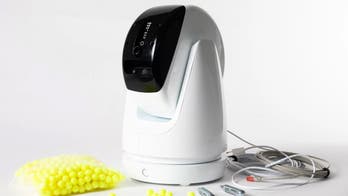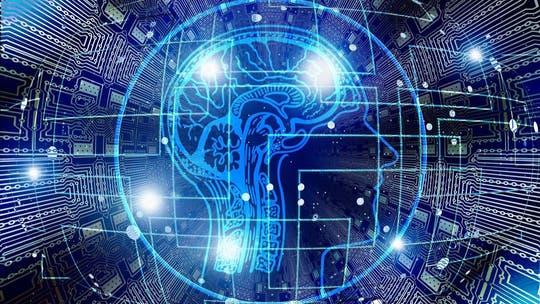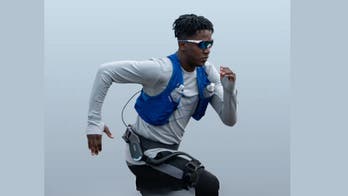## Artificial Intelligence Revolutionizes Dementia Diagnosis with EEG Analysis
Mayo Clinic researchers have harnessed the power of artificial intelligence (AI) to revolutionize dementia diagnosis. By pairing AI algorithms with EEG (electroencephalogram) tests, they have developed a method to identify specific dementia types earlier and with greater accuracy than traditional human analysis. This groundbreaking approach holds promise for more accessible, less expensive, and non-invasive brain health assessments in the future.

Artificial Intelligence Revolutionizes Dementia Diagnosis with EEG Analysis
As dementia becomes increasingly prevalent, healthcare professionals are seeking innovative tools to enable earlier and more accurate diagnoses. Now, a team of researchers from the Mayo Clinic Neurology AI Program (NAIP) in Rochester, Minnesota, have taken a significant step forward by integrating AI into EEG analysis.
EEGs are non-invasive tests that measure electrical activity in the brain. Traditionally, these tests have been primarily used to diagnose epilepsy, but they can also provide insights into other brain conditions, including dementia. However, extracting meaningful information from EEG recordings requires specialized expertise and extensive manual analysis, limiting their routine use for dementia assessment.

Artificial Intelligence Revolutionizes Dementia Diagnosis with EEG Analysis
The research team set out to harness the power of AI to uncover "hidden information" within EEG recordings. They developed a novel AI tool that was trained on a vast dataset of over 11,000 EEG recordings from patients spanning a decade. This AI tool was able to identify six specific patterns in brain wave activity that were characteristic of Alzheimer's disease or Lewy body disease, two common types of dementia. These patterns were not readily discernible through human analysis alone.
The findings of the study, published in the journal Brain Communications, demonstrate the significant potential of AI-driven EEG analysis for dementia diagnosis. This approach allows for the rapid and precise identification of early signs of dementia, which can often be missed by the naked eye. Notably, the AI tool reduced EEG reading time by half while significantly enhancing the accuracy of the results.

Artificial Intelligence Revolutionizes Dementia Diagnosis with EEG Analysis
Dr. David Jones, a clinician specializing in behavioral neurology who directs the AI program at Mayo Clinic, emphasizes the importance of this breakthrough. "This tells us that there is a lot of unused information in clinically acquired EEGs that we can extract automatically — and now we can begin to build better tools, algorithms, and methods," he says.
The implications of this research are far-reaching. AI-driven EEG analysis has the potential to democratize dementia screening and assessment, particularly in rural and underserved areas where access to advanced diagnostic tools is limited. Its non-invasive and cost-effective nature makes it a viable option for widespread use.

Artificial Intelligence Revolutionizes Dementia Diagnosis with EEG Analysis
The researchers envision a future where EEG analysis becomes an integral part of a comprehensive approach to dementia testing. "That means being able to model brain scans, blood work, cognitive tests, and brain waves into one complete model of brain health," explains Jones.
While AI offers immense potential, the researchers caution against over-reliance on algorithms. "Its value is gauged by whether it's helping us take care of our patients — that's our focus," says Jones. They emphasize the importance of balancing AI with a human touch and ensuring that AI systems are ethically developed and deployed.

Artificial Intelligence Revolutionizes Dementia Diagnosis with EEG Analysis
The study's findings represent a significant milestone in the fight against dementia. As AI continues to evolve, it holds promise for further advancements in dementia diagnosis and treatment, ultimately improving the lives of millions affected by this devastating condition.












